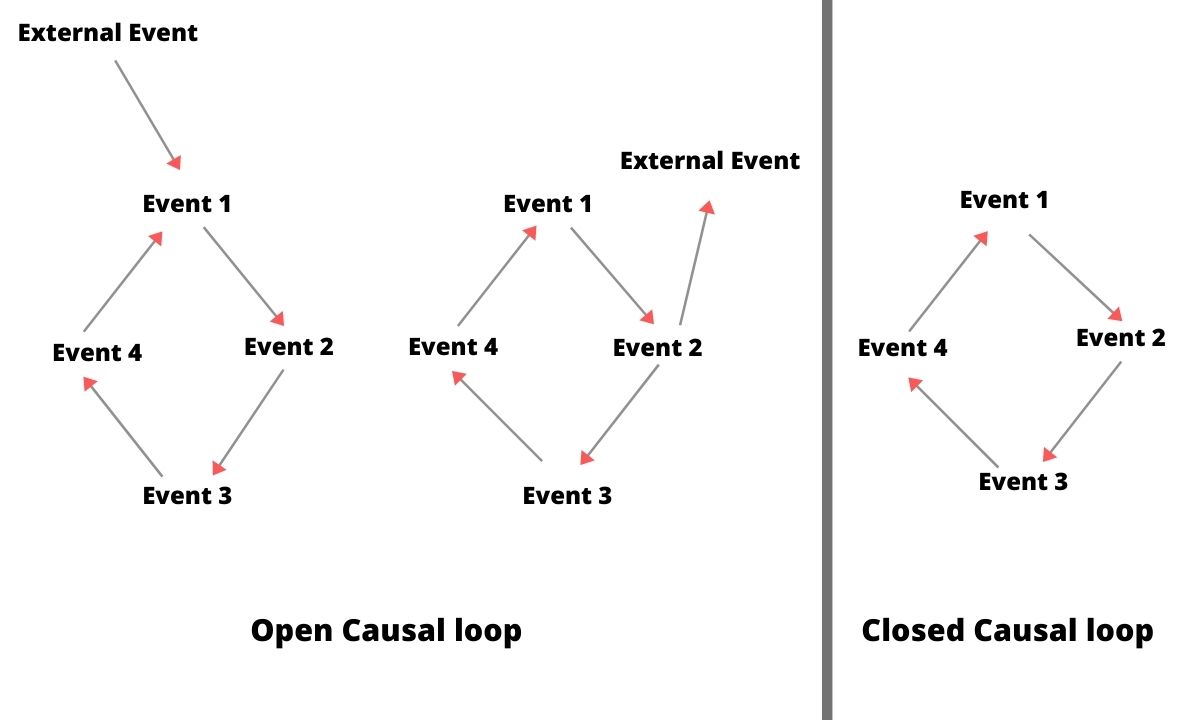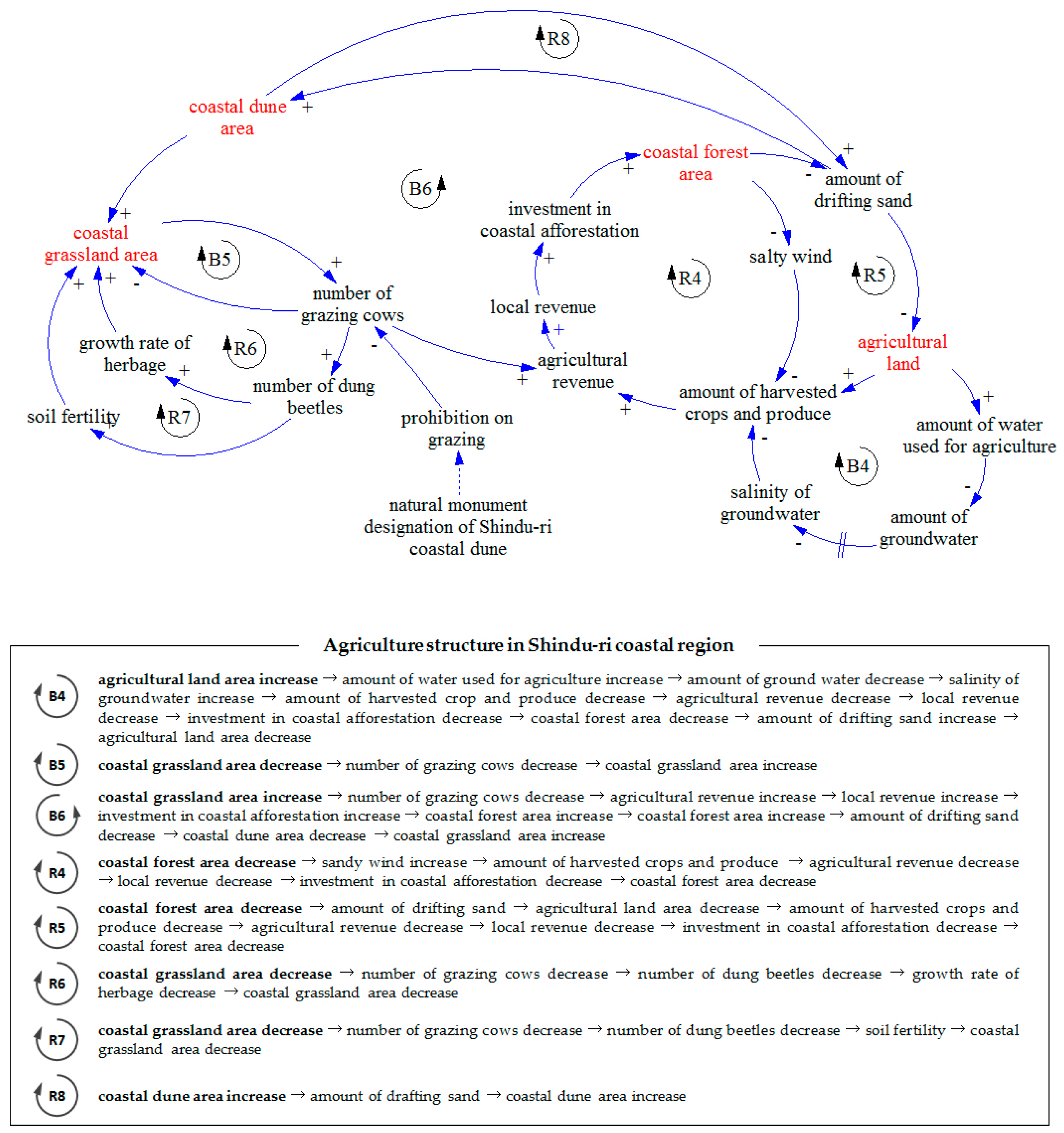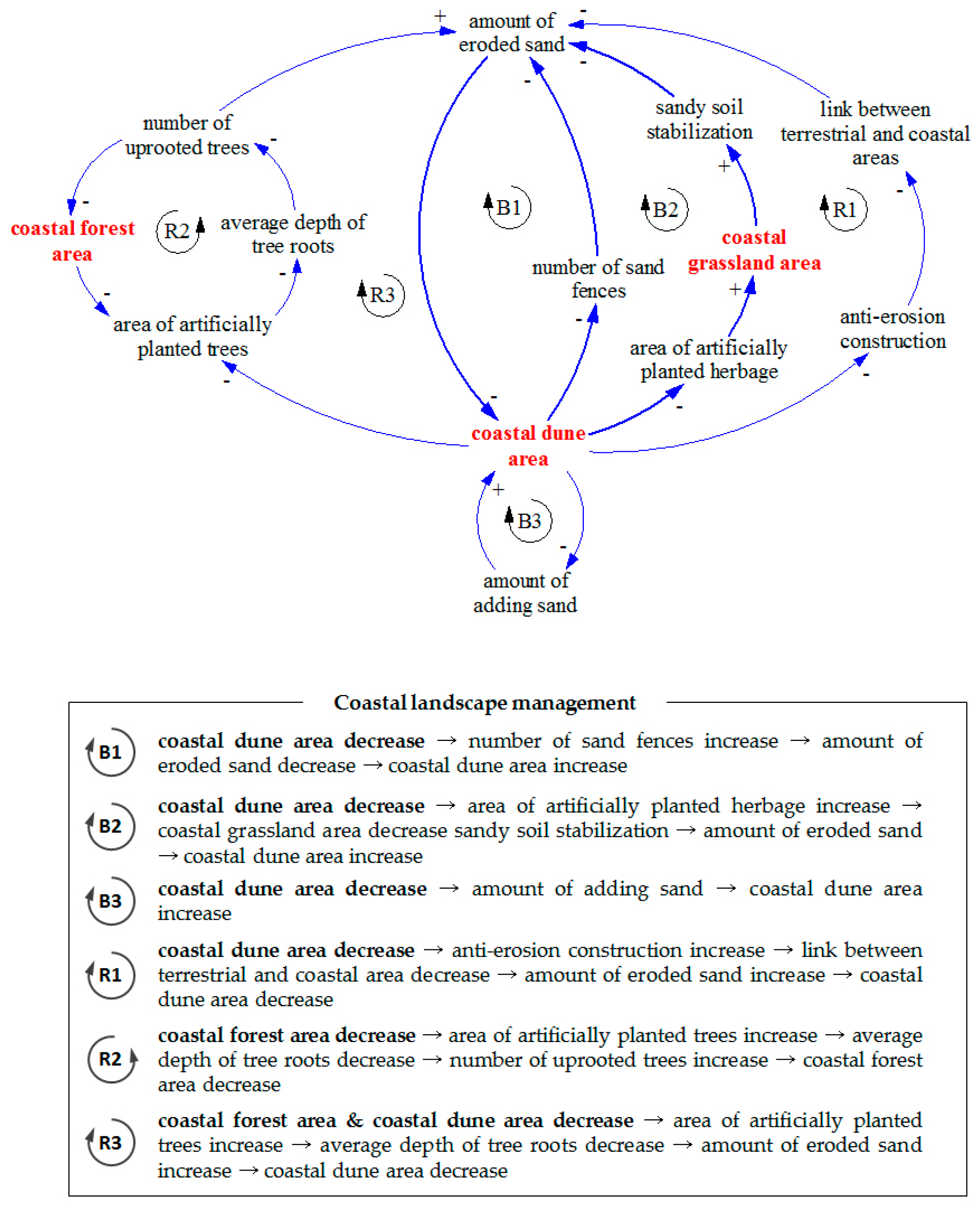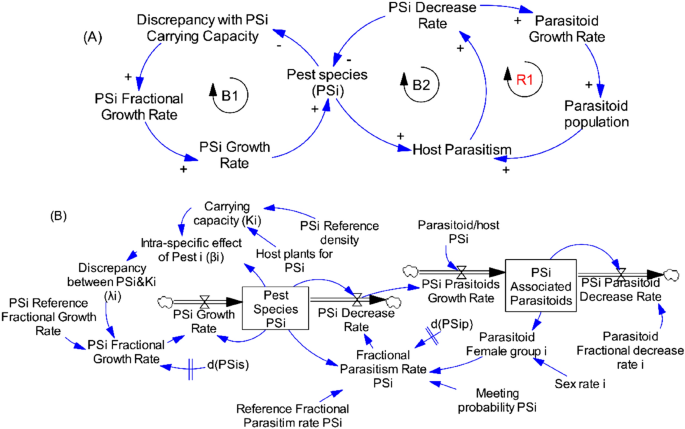
If causation is transitive, then every event in a causal loop is a cause of itself. However, if one takes causation to be transitive, and one applies it regarding a causal loop, matters break down. Traditionally, this relation is taken to be transitive that is, if event a is earlier than event b and event b is earlier than event c, then event a is earlier than event c. Consider earlier-than, a relationship that is often associated with an event causing another event. Reason 2: The threat of circular explanation. Still, since the initial event occurs before the other events in the timeline, it is the first. This event may not always turn out to be some ultimate first cause that explains the entire loop. Every causal loop will have at least one event that occurs earlier than all the rest. The only difference between causal chains and causal loops is that when following the causation along a causal loop one eventually ends up back where one started.įurthermore, causal loops do, and even seem bound to have a first cause. Therefore, it seems a little odd to insist that events in a causal loop require an ultimate first cause.

There is nothing in this definition requiring that the chain have a beginning (or an end). Some causal chains do not loop they consist of events in a sequence, each event temporally followed by and causing the next event in the sequence. A causal chain is a sequence of events with each event causing the next event in the sequence (a causal loop is a special sort of causal chain). This concern can be resolved by comparing causal loops with more ordinary causal chains. Loops can appear ex nihilo (from nothing) seemingly without an ultimate first cause. Reason 1: There needs to be an uncaused first cause for every event.

The idea of causal loops is sometimes seen as hosting an inherent paradox. Think of open causal loops as causally embedded.įigure 1: Two Kinds of Causal Loops Are Causal Loops Impossible? Think of closed causal loops as causally isolated. If a causal loop has no external (outside-the-loop) causes or effects, then that causal loop is a closed causal loop otherwise, it is an open causal loop. The last event en is one of the causes of the first event e1. Each event in the loop is one of the causes of the next event. How can you give yourself a paper that no one wrote? How can your turning in the paper cause you to turn in the paper? What are Causal Loops?Ī causal loop is a sequence of events e1, …, en. You walk into the cubicle, hand yourself the USB drive, give yourself some instructions, and promptly flee back to the stairwell, which transports you back to your present. Thankfully, you had put the USB drive in your pocket and, being an exceptionally unkempt college student, you are still wearing the same pants. As you walk by that cubicle you had toiled so long in, you see yourself! Then it dawns on you.

You walk in, pondering where the stranger could have gone. You go search for the mysterious stranger who gave you this wonderful paper and end up back at the stairwell. A few days later, you receive your grade: an A+. You go back to your cubicle, open up the paper’s file, read it over quickly, and, squashing your ethical dilemma, submit the paper. You get up and go after her, but she seems to have vanished. “Then you can go celebrate,” she says smiling as she quickly leaves, entering the nearby stairwell. This person looks very much like you, but you do not have time to figure out what is going on, because she immediately hands you a USB drive and tells you to turn in the term paper that is on the drive.

Suddenly, someone walks into the cubicle you have been working in all day. All you want to do is finish and celebrate your accomplishment. You are a desperate college student trying to write your last term paper before you graduate.


 0 kommentar(er)
0 kommentar(er)
